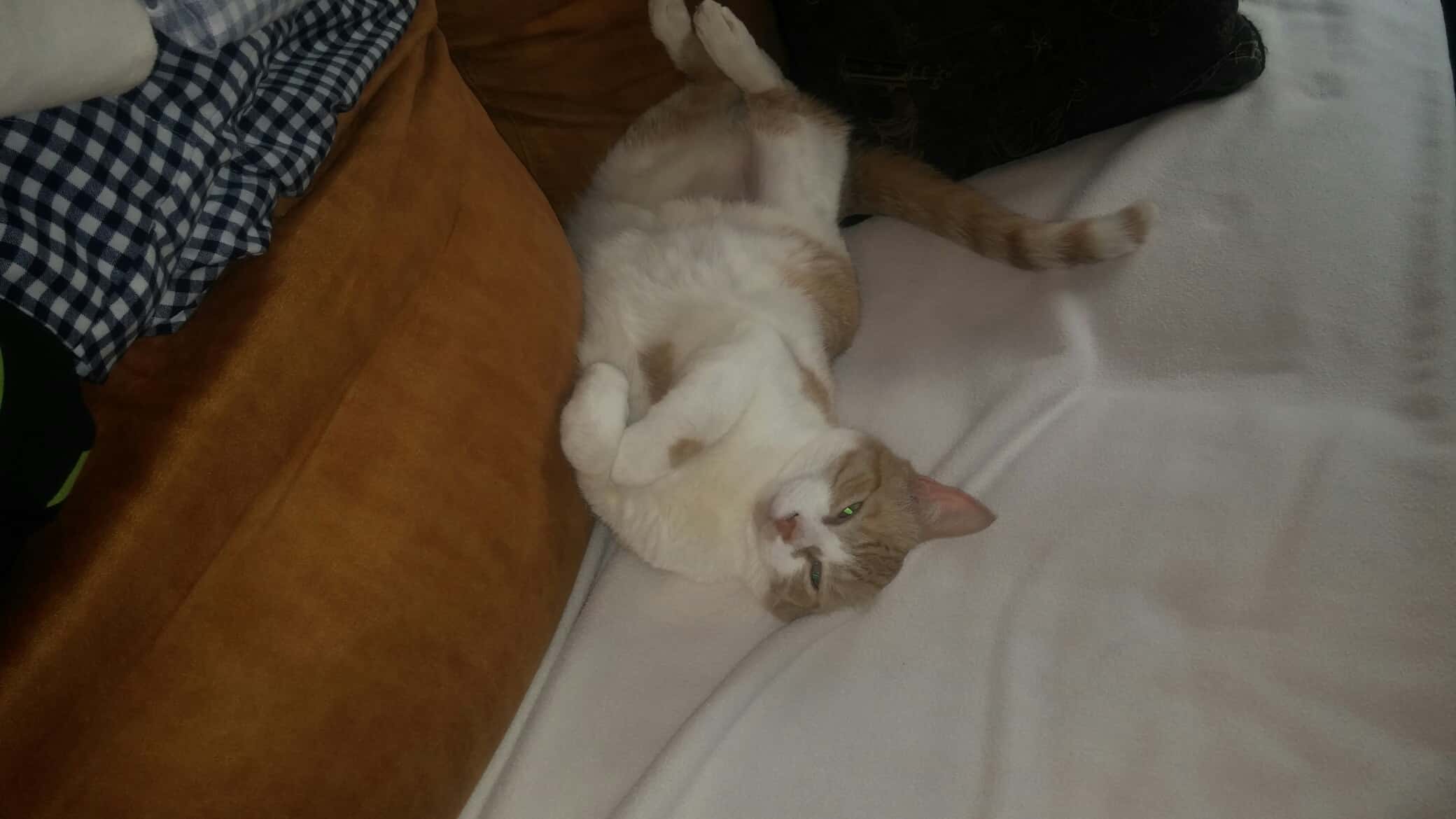
the staff of the Ridgewood blog
Ridgewood NJ, Billed as the “Embrace the national “Come Alive Outside” campaign it was an afternoon of family fun and activity and the famous rubber duck race!”

the staff of the Ridgewood blog
Ridgewood NJ, Billed as the “Embrace the national “Come Alive Outside” campaign it was an afternoon of family fun and activity and the famous rubber duck race!”

Posted July 21, 2015
Summer weather can pose certain dangers for your pets. The American Red Cross has some steps people can take to keep the family pet safe and healthy this summer.
The first step is to know what is normal for your pet – their gum color, heart/pulse rate, body temperature and breathing rate – so you can recognize when something is wrong.
Heat stroke is a problem for pets in the warmer weather and is more common in the early summer because pets are not yet acclimated to the warm weather. Dogs with short noses or snouts, like the boxer or bulldog, are prone to heat stroke. This is also true for any obese pet, a pet with an extremely thick fur coat or any pet with upper respiratory problems.
Some signs your pet may be developing heat stroke include heavy panting and being unable to calm down, even when lying down. Their gum color may be brick red, their pulse rate may be fast, or they may not be able to get up. If you suspect your pet has heat stroke, take their temperature rectally. If the temperature is above 105 degrees cool the animal down. The easiest way to do this is by using the water hose. Stop cooling the animal when the temperature reaches 103 degrees. Bring your pet to the veterinarian as soon as possible as heat stroke can lead to severe organ dysfunction and damage.
As the weather gets nicer, many pet owners take their pets in the car with them. Do not leave your pet in the car, even for a few minutes. The inside temperature of the car can quickly reach 120 degrees.
Pet owners also need to be aware that animals may try to get out a window or door, which are more likely to be open as the weather warms. And some plants in your garden can be hazardous to animals. For instance, many lilies are very poisonous to cats. Visit the ASPCA Poison Control information to find out which plants and flowers are poisonous to animals.
You can download the Red Cross Pet First Aid app to have veterinary advice in the palm of your hand. The app features first aid steps for more than 25 common pet situations and identifies common substances that are toxic to animals.
https://www.redcross.org/news/article/Keep-Your-Pet-Safe-As-Temperatures-Rise

PSE&G prepared for this week’s hot weather
PSE&G is monitoring weather conditions and has additional personnel on hand to handle any power interruptions as a result of the high heat and humidity. Our call centers also have extra personnel on duty to speak with customers.
PJM, the regional grid operator, expects to have sufficient power supplies available to meet the increased demand for electricity as a result of the hot and humid weather. We also have made substantial investments in our transmission and distribution system to maintain reliability and safely meet the increased demand for electricity. We expect today’s electric demand to reach 9,656 megawatts.
Here are some easy ways you can save energy and money throughout the summer:
• Turn off everything you’re not using: lights, TVs, computers, etc. Use dimmers, timers and motion detectors on indoor and outdoor lighting.
• Close blinds, shades and draperies facing the sun to keep the sun’s heat out and help fans and air conditioners cool more efficiently.
• Close doors leading to uncooled parts of your home. With central air, close off vents to unused rooms.
• Delay heat-producing tasks such as washing and drying laundry or dishes until later in the day, and wait until load is full.
• Refrain from using nonessential appliances. Unplug or use only when necessary an extra refrigerator in your garage. Also, consider setting air conditioners to 78 degrees, health permitting.
If you experience a power outage, please call PSE&G’s Customer Service line: 1-800-436-PSEG. If you are registered for My Account, you can also report power outages online. To do so, log in now or register. To report power outages via text message, and receive outage updates by text and email, sign up for MyAlerts.
During this extreme weather, you can also follow us on Twitter at twitter.com/psegdelivers.